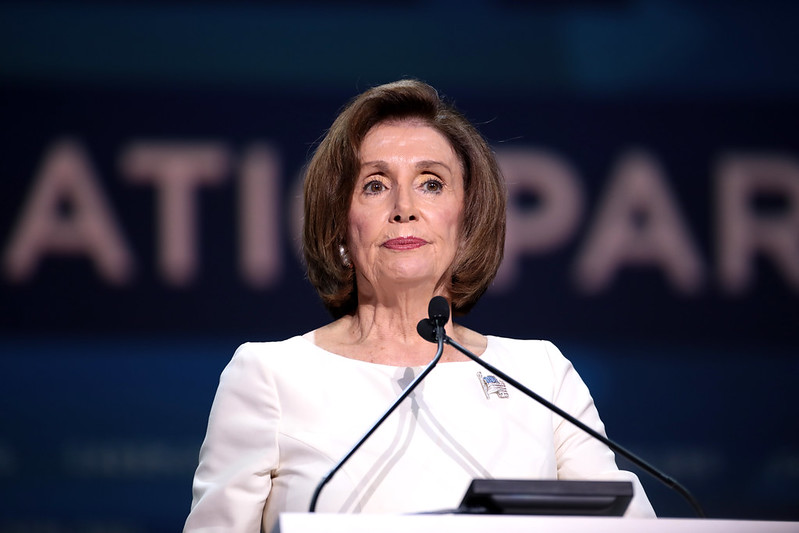
House Speaker Nancy Pelosi recently released the Health and Economic Recovery Omnibus Emergency Solutions (HEROES) Act, a $3 trillion wish list of liberal priorities largely unrelated to mitigating the damage caused by the Coronavirus pandemic.
As part of this proposal, Pelosi has proposed to expand the federal pandemic unemployment compensation (FPUC) benefit. This will threaten the economic recovery by extending a program that creates an incentive for Americans to choose welfare over work. This will particularly impact millions of small businesses as they attempt to survive through the pandemic.
The FPUC is a temporary $600-per-week increase in unemployment benefits, which beneficiaries receive on top of their regular unemployment compensation. It currently runs through July 31, 2020 but the Pelosi plan would extend the FPUC through January 31, 2021.
This program is already creating a situation in which Americans are getting paid more on unemployment than they were making in the workplace. State unemployment ranges from $235 to $795 per week, and the $600 is being offered in addition to the recipient’s state rate. $600 per week translates to $15 per hour, almost double the federal minimum wage.
Some workers are asking their employers not to apply for a loan under the Paycheck Protection Program (PPP) so they can continue receiving the FPUC. The PPP is a federal loan program created by the CARES Act that offers businesses up to $10 million per company to fund eight weeks of payroll and other expenses. If certain criteria are met, the loans can be partially or fully forgiven.
Jamie Black-Lewis, a Washington based small business operates two spas and was caught in between the wishes of her 35 workers and her business. Her employees are making more money by collecting unemployment, but she needs the PPP to protect her business from further accruing debt.
In Detroit, Liz Blondy owns a dog day care that is now only operating for essential workers. She laid off 90 percent of her staff and her business has dropped by 95 percent. Blondy has applied for a PPP loan, but some workers have said that they would prefer to remain on unemployment. She told them she will not force them to come out of their homes during a pandemic, but she may not have work for them in the future.
The additional unemployment benefit will have a lasting negative impact on our economy. A recent study conducted by the Heritage Foundation found that due to the additional $600 in unemployment benefits, GDP will be reduced by between $955 billion and $1.49 trillion. The CARES Act offers workers the ability to quit their job and opt for unemployment. The study found that this option, coupled with the increased unemployment benefits, will lead to an additional 13.9 million people filing for unemployment.
In reality, the UI expansion is a test run for a permanent $15 minimum wage, a long sought-after Democrat goal. This idea has failed everywhere it has been tried.
In 2014, Seattle established a $15 minimum wage and found that in response to an average increase of pay by 3 percent, employers decreased hours by an average of 6 to 7 percent, meaning workers actually lost money. Still, other employers reduced their existing staff and stopped hiring. A 2017 study found that the policy was damaging to “unskilled workers” who were laid off in large numbers by employers looking for “skilled workers” since the employers would have to pay them a higher wage anyway.
Ultimately, the increased UI benefit is a disincentive to work, and is forcing employers to choose between applying for a PPP loan or shuttering completely. Of the three most recent recessions, 1991, 2001, and 2009, the labor market took an average of 51 months to recover.
To be clear, American workers are struggling. Since the pandemic began, over 37 million Americans have filed for unemployment, a number that will continue to rise as the crisis continues.
However, Pelosi’s plan to continue subsidizing welfare over work will only hinder the economic recovery and leave workers and businesses worse off over the long-term.

